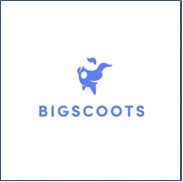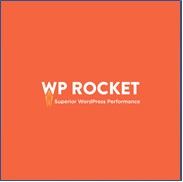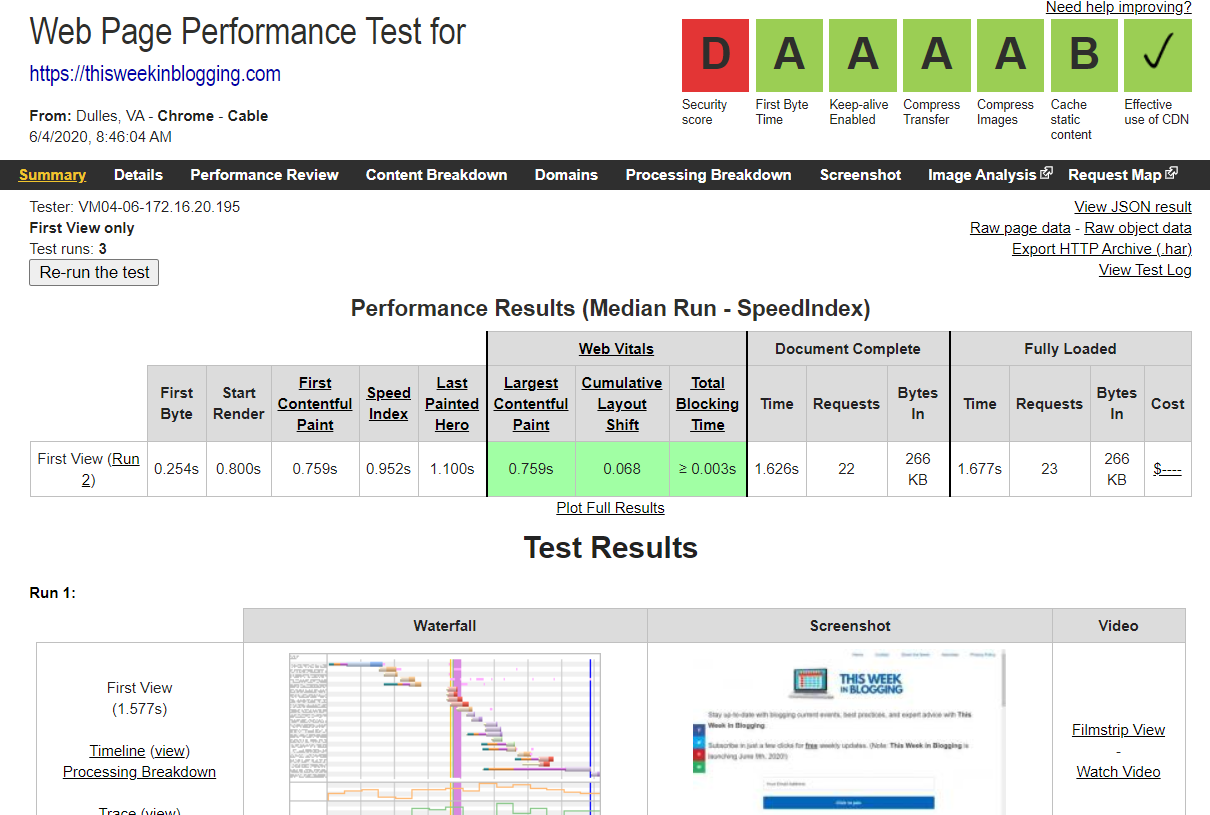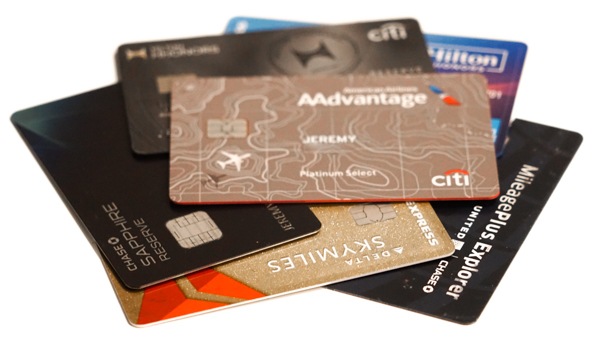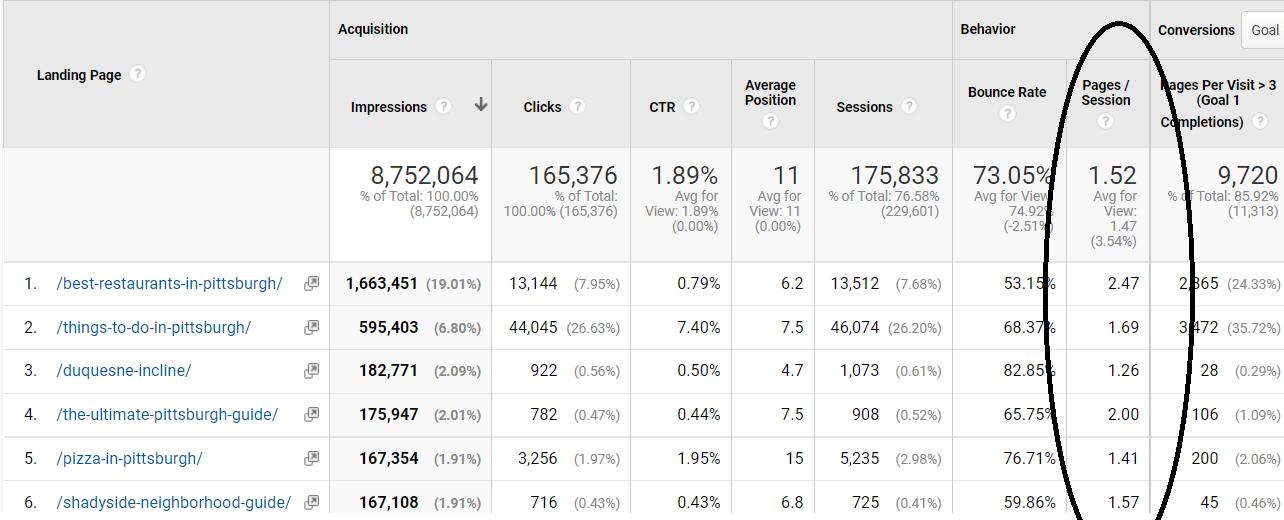Published by Jeremy. Last Updated on October 3, 2022.
Disclaimer: This Week in Blogging uses demographic data, email opt-ins, and affiliate links to operate this site. Please review our Terms and Conditions and Privacy Policy.
We've talked a fair bit about affiliate marketing here at This Week in Blogging, ranging from how to improve your affiliate marketing to product reviews (like the Pretty Links Pro link cloaking plugin), and so much more.
But for this one, we wanted to take a step back and answer a rather pressing question- “how do I find affiliate partners to begin with?”
Thankfully, there are numerous ways to do this that we can discuss today including direct programs, 3rd party affiliate networks, and via customized partnerships!
Find a Direct Affiliate Program for a Business You Like
Let's first start with the easiest one to discuss- checking to see if a business or brand you like has an affiliate program outright.
In many cases, there are three ways you can check to see if a brand has an existing affiliate program for you to join. They are:
- Go to their website and check to see if they have any “Affiliate” or “Partner” links.
- Many companies don't have these prominently in a navigation menu, but often include them buried amongst footer links- so be sure to check there too.
- Google “[Brand Name] Affiliate”, “[Brand Name] Affiliate Program”, or “[Brand Name] Partners” and see if a direct page comes up.
- Or simply message them on social media to ask!
Every time I purchase a new product or use a new service, even if I am not intending to write about them, I almost always complete the first two steps above just to see if any money-making opportunities present themselves. When they don't, no harm is done and I only wasted about two seconds of my day. When they do, well, I may change my content calendar around to put out a new piece simply for its revenue potential.
A recent example of this is after getting beehives at home as part of our homestead blog. I knew I would eventually start a beekeeping series on the site, but when I discovered our bee hive supplier had a rather generous affiliate program, I decided to start producing said content sooner rather than later. All this came about solely because I googled “[Brand Name] Affiliate” and was surprised to see one existed!
Point #3 here is likely not something we'd recommend for those who are only passingly curious, but rather those who are producing content featuring specific brands to begin with. While the intention here is to ask if they have a dedicated program already, later on in this article, we'll also talk about starting one-on-one affiliate relationships with businesses outright, too!
Find a 3rd Party Affiliate Network to Source Businesses in Your Niche
Now, you may be thinking to yourself, “that is all well and good if I know a brand in particular, but what if I don't?” We've got you covered there, too.
Thankfully, while some brands host direct programs on their site via proprietary tracking programs, most use 3rd party, public companies to manage these kinds of bookings outright.
The benefit here is that many of these companies list their clients publicly (for logged-in users, at least) such that writers like us can search their databases to find new brands to promote outright. Not only that, many have search features that will let you look at generic terms like “hotels”, “travel”, or “wine” to limit the list of partners considerably.
For my best wine clubs post on our wine blog, for example, I've used the search term “wine club” on many networks to try and find what businesses both 1) exist outright and 2) have affiliate programs so I can strategize which ones I want to buy to review. More reviews, more authority, more money – win, win, and win again!
Want to get started? The following is a list of several affiliate networks I'm a member of that have typically have searchable databases to find new partners once you are registered. Note that not all of these networks may have search features available:
- CJ
- Awin
- Rakuten
- Shareasale
- Impact Radius
- Partnerize
- Avantlink
- FlexOffers
- FareHarbor
- Amazon Associates
Notes: If we're missing your favorite network here, comment below to share it so we can add it to our list! Likewise, while Amazon is more of a direct program than an aggregate service like the others, we mentioned them above because they sell virtually every product imaginable. So, in a way, they are a bit like a broad network over a direct program.
Three important caveats need to be noted here before moving on as well.
First, some companies offer direct programs and affiliate opportunities via 3rd party networks. Generally speaking, we have found that direct programs often have the best terms (e.g. highest commission) if only because they are not sharing a cut with the 3rd party. That being said, some affiliate networks may have better secondary terms (e.g. longer cookies) that you may find enticing even if the commission rate is lower. These are few and far between in our experience and we often work with direct programs whenever possible.
Second, most all affiliate companies have a minimum payout for deposits in your account, often $50-$100 USD. You may find that having a dozen or so programs on a single network may help get you to a payout faster than trying to get payouts with one brand alone. For smaller sites, this may push you into working with a brand via a 3rd party over the direct program if you don't have a great sales history.
On the flip side, many programs also will close your account down if you don't get a sale in [X] months (generally 6 – 12), so if you are early in your blogging journey, you may want to hold off on joining 3rd party programs outright.
Third, user intent matters a great deal here. Are your readers buying a product directly from the company or via a 3rd party like Amazon? Are they booking directly with Hilton (on Rakuten) because they have status or are they reserving whatever has the best price on Booking.com or Expedia? Sometimes aggregate sites like these have better earning potential because you can make a commission on anything they buy- not just the specific product you recommend.
We have this issue with hotel affiliate programs as those with status may go directly to the hotel chain, whereas those who are flexible may book whatever has the best deal (often found via a 3rd party like Booking.com). If someone goes to our Hilton link and ultimately books on Marriott, we lose the sale. If someone goes to our Booking.com link, we get a commission no matter what they book. Likewise, the same is true on Amazon. You may direct your readers to Product A, but if they buy Product B at 10x the price, you still get a commission. So understanding your reader's shopping preferences can be huge here!
Negotiate a Custom Affiliate Program When One Doesn't Exist
Finally, we come to what you can do if a brand doesn't have a direct program and isn't listed on any 3rd parties outright- you can negotiate direct referrals for commissions!
This is not easy.
One of the reasons this is tricky is that most point-of-sale systems are not set up for great affiliate tracking (for now, at least) and need an analog to determine you are the reason a sale is made- either via custom URLs, UTM tracking, or via a unique discount code or coupon given to your readers.
Another reason this is tricky is that brands generally aren't going to go out of their way to set up custom URLs or discount codes for one-off partnerships unless you have a very compelling argument as to why they should. This means cold, hard data of past sales with other comparable brands and/or traffic figures for relevant posts where said offers will be promoted.
No one wants to be the first to take the risk, but many people will want to be the second if you can show results.
Another problem, for us as publishers at least, is that we do not have access to our partner's point of sale system. So in many cases, it is on the honor system for them to provide periodic reports of clicks, purchases, commissions, etc. When money comes in, great! When it doesn't, we often don't learn much more beyond the $0 in front of us!
We're starting to get into custom affiliate marketing with our local blog, and it has been a headache to say the least.
How do you track sales when someone goes into a brick-and-mortar store to make a purchase? We could offer a coupon. What coupon do you offer someone for a $5-$50 order? How does the commission split work if the business only makes a 35% margin and you just gave up a third of that as a coupon? You can see how this poses many issues in convincing a brand it is worth their effort for the potential return if you only bring in one or two sales with only a few dollars of profit margin (if that).
As such, and until a better solution is created for this issue, we only approach brands for custom affiliate partnerships if two key metrics are met:
- Purchases are high enough in value (e.g. greater than $100) such that we would receive an appreciable commission per sale, and
- Purchases are generally made online such that it is easier for the brand to track the sale without added effort on their part.
Big ticket items, like private tours, often mean a greater margin (in dollars) to the company. More margin means more room for coupons and a bigger possible impact on our bottom line. Would I promote a $100 tour for a $20 cut? Certainly. Would I promote a $100 tour for a $10 custom coupon code and a $10 cut? Absolutely. Any win-win scenario you can create like this will resonate far more than a $0.25 off a cup of coffee coupon for a $0.25 commission any day (but I'll also take that, don't get me wrong- quarters add up!).
Online purchases are also typically far easier to track via a coupon code in the point of sale system or via UTM tracking. All a reader has to do is click a link and make a purchase which is much simpler than working through all the logistics of downloading a coupon code, showing it at the restaurant, have an employee who may or may not even know the coupon exists deal with it, and then hope the tracking works its way back to you eventually.
Yes, you still won't have tracking of sales in these programs online, but the easier you can make it for a potential partner, the better. So with our limited time, we only stick with pitches if those two caveats are attached and let others come to us for anything outside of that.
Overall, there are several ways to get into affiliate marketing for your blog. Whether you join direct programs, 3rd party aggregates, or work with brands for customized partnerships, the sky is really the limit with making money in an affiliate capacity!
Do you have a favorite way to make money via affiliates? Comment below to share!
Join This Week in Blogging Today
Join This Week in Blogging to receive our newsletter with blogging news, expert tips and advice, product reviews, giveaways, and more. New editions each Tuesday!
Can't wait til Tuesday? Check out our Latest Edition here!
Upgrade Your Blog to Improve Performance
Check out more of our favorite blogging products and services we use to run our sites at the previous link!
How to Build a Better Blog
Looking for advice on how to improve your blog? We've got a number of articles around site optimization, SEO, and more that you may find valuable. Check out some of the following!



